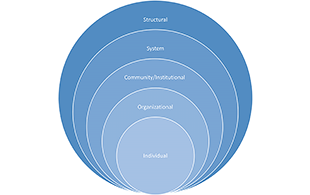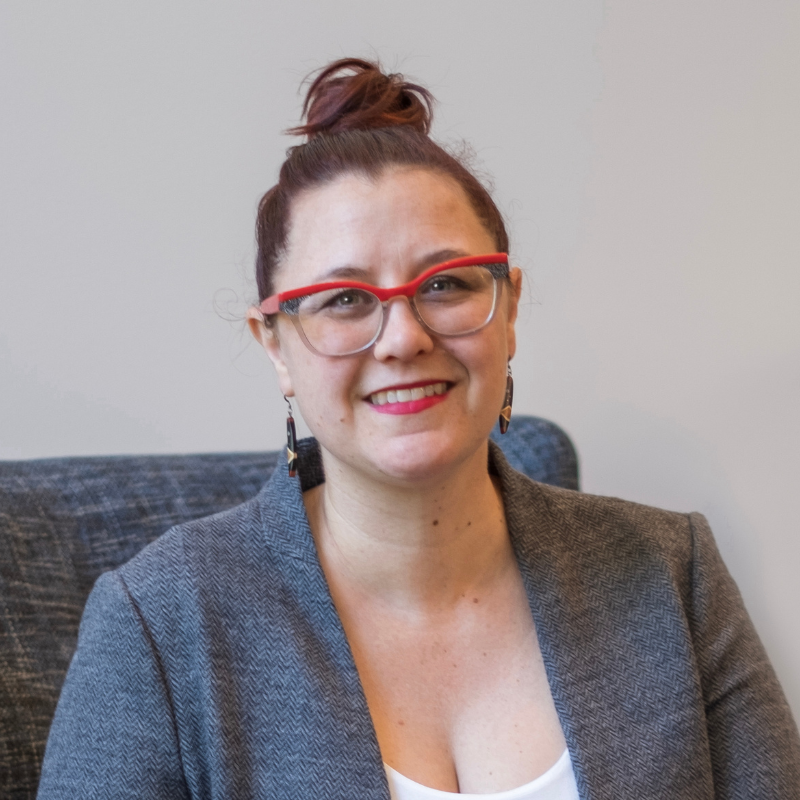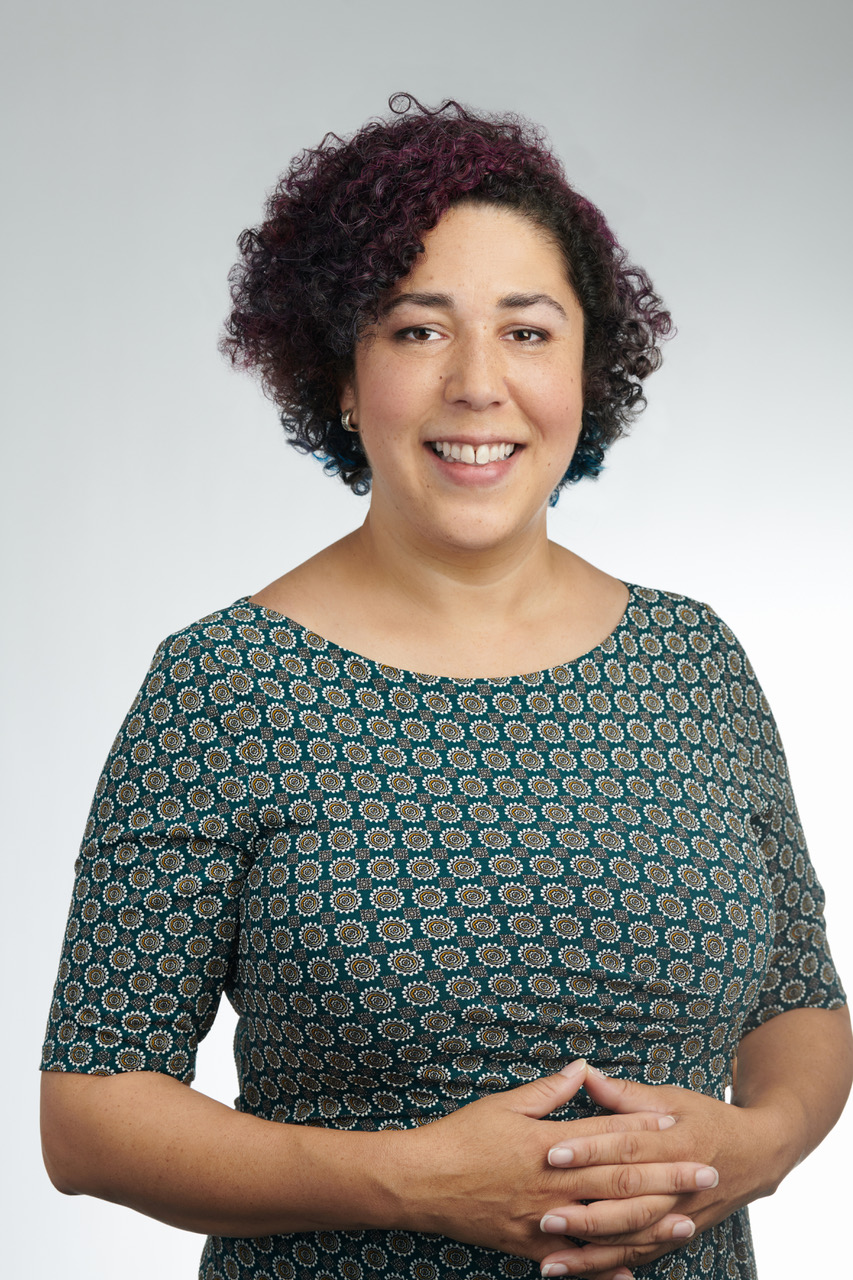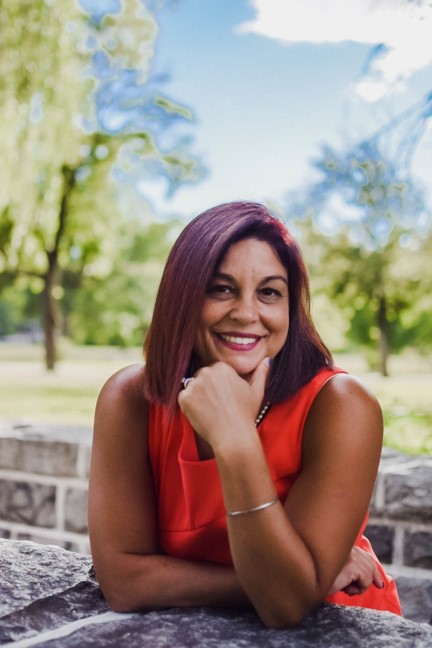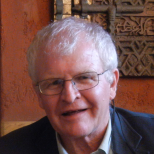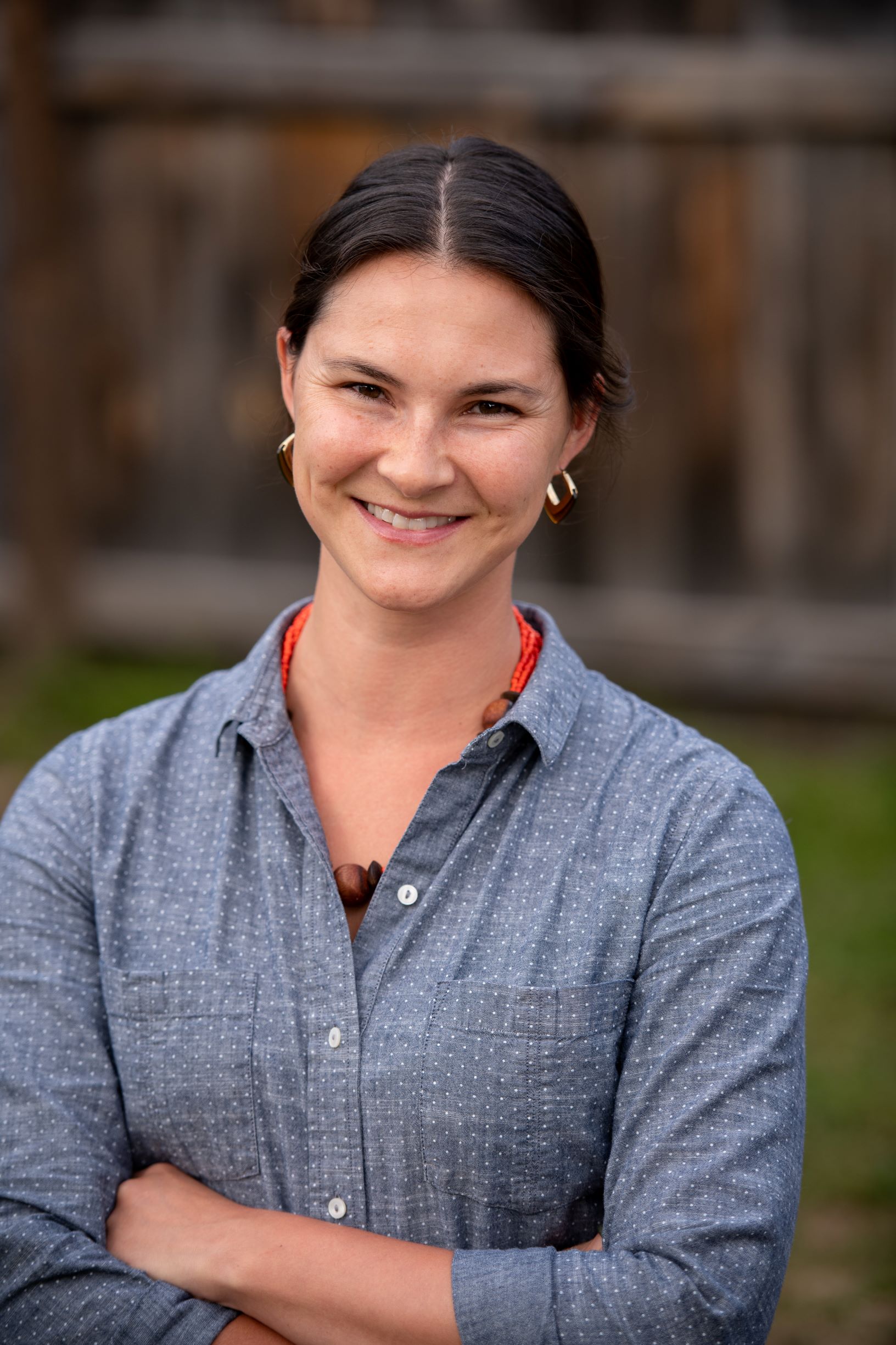DEI Resource Center - Getting Started
What is Your Starting Point: Assessment
An important and necessary first step to take in readiness for embarking on or continuing a DEI journey is to assess how the nonprofit’s board, leadership, and staff members perceive issues of diversity, equity, and inclusion within the organization. How do people within the organization perceive DEI issues that arise in the nonprofit’s work? Is there a shared awareness within the organization that paying attention to DEI will help the nonprofit carry out its mission-driven work?
DEI assessment tools can assist an organization in gaining a clearer sense of how people within the nonprofit perceive DEI issues. DEI assessment tools of various types have been developed within the past two decades or so. Many of these tools are available online and can be self-administered. The developers of some assessments offer technical assistance for administering the tests and analyzing results.
While it may seem straightforward to complete a DEI assessment and chart a course based on its findings, be prepared to discover additional questions and issues, not necessarily a linear path to solutions. DEI is a complex area. In an article for Nonprofit Quarterly, “Locating Ourselves: Complexities in Assessing Organizational Equity,” April 6, 2021, Jeanne Bell explains tensions that arise when nonprofit leaders attempt to determine where their organizations are on a continuum that spans from “exclusionary/white supremacist to equitable/anti-racist” based on the Crossroads Anti-Racist Organizational Continuum adapted and explained by Bryant and Torres-Covarrubias in a spring 2021 webinar on this topic.
Below are four resources available to assist nonprofit leaders.
"Diversity, Equity, and Inclusion (DEI) Organizational Assessment Tools: A Resource Guide." (June 2021). Trinidad Tellez, MD, Principal, [Health] Equity Strategies, LLC, in partnership with the Institute for Economic and Racial Equity, Brandeis University. This guide offers a “point-in-time” overview of 24 DEI assessment tools for organizations as of 2021. It lists assessments by organization type, offers an overview of benefits and limitations of each assessment, and includes direct links and references. The Resource Guide also includes four Race Equity Impact Assessment Tools.
Diversity, Equity, and Inclusion Assessment. Michigan Nonprofit Association. The Michigan Nonprofit Association (MNA) developed this tool “to help nonprofit organizations assess their current status and future progress on the journey” toward making their DEI values a reality. Three levels of engagement are offered: Level 1: Individual assessment for determining whether to proceed with the MNA organizational assessment; Level 2: Organizational Assessment for board and/or staff members to assess perceptions of the organization’s commitment to and progress with DEI; and Level 3: Custom Review with a qualified DEI consultant. The assessment can be purchased online at Level 1, 2, or 3, with a discount for Michigan Nonprofit Association members.
DEI Self-Assessment. (2016). D5 Coalition. This DEI Self-Assessment is for philanthropic institutions. The D5 Coalition was formed in 2010 by a coalition of 18 organizations that grew to include foundations of all sizes, individual donors, regional and national associations, and organizations that focus on diverse communities. The D5 Self-Assessment was designed as a tool to assist foundations in capturing the current DEI situation, sparking conversations about what’s possible, and identifying action steps to improve the foundation’s effectiveness and relevance in an increasingly diverse society. This tool is free of charge
Racial Equity Assessment. The “Tool for Organizational Self-Assessment Related to Racial Equity,” developed by the Eliminating Disparities in Child and Youth Success Collaborative in October 2013, provides nonprofit and other leaders with sets of questions that are “designed to help … gather a holistic snapshot of [an] organization’s practices and policies as they relate to racial equity.
DEI Dimensions
 DEI efforts are a multi-dimensional, cyclical journey that occur at individual, organizational, community, and systemic levels. This work is fluid, interrelated, and non-linear. This framework breaks down DEI work by these levels to help identify starting points, encouraging participation at any stage of the journey.
DEI efforts are a multi-dimensional, cyclical journey that occur at individual, organizational, community, and systemic levels. This work is fluid, interrelated, and non-linear. This framework breaks down DEI work by these levels to help identify starting points, encouraging participation at any stage of the journey.
Every DEI journey happens along multiple dimensions, usually all at once.
Individual level
Personal introspection is integral to meaningful DEI work. As per Bobbie Harro's Cycle of Socialization, we all have both universal and unique perceptions shaped by our socialization. Similarly, Harro's Cycle of Liberation illustrates the cyclical nature of social change efforts leading to some degree of liberation. In DEI work, progress relies on self-exploration, as our perceptions and biases influence our journey along the DEI path.
Organizational level
Organizations are made of structures, operations, and culture. Nonprofit organizations are mission-driven, meaning that they exist to advance outcomes that improve society and humankind. Nonprofits are focused on social change that will benefit the human species, whether saving the environment, reducing poverty, cultivating arts & culture, advancing education, improving health, fostering economic development, or enhancing any imaginable area of human experience.
Nonprofit organizations operate at several levels. Generally, oversight is provided by an unpaid Board of Trustees/Directors, or an Advisory Board. An executive leads the organization (e.g., CEO, Executive Director, Director, President, etc.). Nonprofit staff members might be few or numerous, depending upon the organization’s size and scale. Nonprofits also often have volunteers who assist in carrying out the organization’s mission. Nonprofits also have target audiences or populations they are designed to serve – the people, communities, and conditions their missions aim to impact.
Community/Institution level
Nonprofits are working to achieve impact out in the world, among people in New Hampshire’s communities, cities, regions, often within and across institutions and sectors. That means DEI work needs to be undertaken with the nonprofit organization’s community or institutional impact in mind. How will addressing DEI issues enhance the organization’s ability to have meaningful impact in the communities it aims to improve? How will DEI help the organization fulfill its mission in the world?
Systems Level
Nonprofits are working within and across public and private systems – the infrastructure that makes our society work. These structures are implicitly biased. Structural and systemic inequities are inherent in U.S. systems – justice system, education, health care, democracy & civic engagement, and others. It is possible to examine conceptual frameworks for understanding DEI issues at the level of systems. Each topic – diversity, equity, and inclusion – along with “justice” and “belonging” as concepts that are gaining attention because of their added meaning, has a rich theoretical knowledge base.
Structural Level
At the structural level, systems interact (e.g.. the education system intersects with the criminal justice system; housing connects with health care access, etc.). At the structural level, it is possible to see the cumulative and compounding effects of an array of societal factors. History, culture, ideology and the interactions of institutions and policies systematically privilege the dominant culture and disadvantage marginalized groups (Race Forward). Nonprofits are part of this ecosystem and are equally influenced by and potential contributors to structural inequities.
What do the Phases of the DEI Journey Look Like?
 Before embarking on any journey, it's essential to understand the path ahead. Similarly, when an organization sets out on a Diversity, Equity, and Inclusion (DEI) journey, it's prudent to familiarize itself with the diverse terrain and various DEI objectives. Navigating the DEI journey for any organization involves exploring multiple paths. We can think of these as trails.
Before embarking on any journey, it's essential to understand the path ahead. Similarly, when an organization sets out on a Diversity, Equity, and Inclusion (DEI) journey, it's prudent to familiarize itself with the diverse terrain and various DEI objectives. Navigating the DEI journey for any organization involves exploring multiple paths. We can think of these as trails.
Just like in nature, these trails are not linear. Each trail presents a unique experience—some are challenging with steep inclines, while others are more straightforward. The map features multiple trails, each varying in difficulty and offering different scenic viewpoints and opportunities to pause and appreciate the landscape.
Similarly, an organization's DEI journey is not a straightforward process. Some topics may need revisiting, mirroring hikers revisiting certain terrains—whether to enhance their skills or relish specific views.
Guides for the Journey
Nonprofit leaders may choose to embark on an organizational DEI journey by using informational resources and programs available through organizations such as the Diversity Workforce Coalition, NH Listens, Requity Labs, or others. Below is a list of programs offered by organizations across the state of New Hampshire.
DEI Programs & Informational Resources Offered by NH Partners
Diversity Workforce Coalition – comprises employers and other community members whose dual purpose is to promote diversity in the workplace through education, training, and enhanced networking opportunities, and to identify and connect resources to its members and the public.
Website
DEI Resources
NH Alliance for Healthy Aging –
Website
NH Businesses for Social Responsibility – Workplace Racial Equity Learning Challenge
Website
NH Council on Developmental Disabilities –
Website
NH Equity Collective –
Website
Culturally Effective Organizations Workgroup
Diversity & Cultural Competence Workgroup & Train-the-Trainer program
Organizational Ignition
Website
Center for Cultural Effectiveness (based at Southern NH AHEC)
Multiple course offerings
Special Needs Support Center
Enable the Upper Valley - Get certified as a disability friendly organization
Affinity Group DEI Leadership Development Programs in NH
Equity Leaders Fellowship (ELF) – Growing the network of engaged leaders of color in New Hampshire for collective action and positive community change.
Website
The ELF Program year runs September through June, with monthly learning sessions augmented by a 6-month board shadowing experience and a match with an experienced leader of color mentor.
Board Diversification Opportunity – The Equity Leaders Fellowship Program Board Exposure Experience offers an opportunity for non-profits Boards and Committees to engage an ELF fellow for a 6 month non-voting board shadowing experience. Mutually successful placements may result in invitations to board service. https://www.snhahec.org/elf-board-exposure.html.
New Hampshire's Landscape
There are rich sources of information for better understanding the history and experiences of diverse groups in New Hampshire. Expanding one’s understanding of the Granite State can be an important way to orient oneself for taking the DEI journey. Below are organizations that offer opportunities for learning about NH’s diversity.
Immigrant & Refugee Resources
Ascentria Care Alliance
International Institute of New England
Overcomers Refugee Services
Welcoming New Hampshire
Indigenous NH Collaborative Collective
LGBTQ+
Local & New Hampshire LGBTQA Resources, University of New Hampshire
New Hampshire Transgender Resources Map by Andrea James
The Trevor Project (national resource) –24/7 Help Line: 1-866-488-7386
New Hampshire Governor’s Advisory Council on Diversity & Inclusion
Race & Equity in NH Series, Endowment for Health
Unitarian Universalist Church of Manchester Contact: Woullard Lett
Economic Vitality New Hampshire has identified inclusion resources and economic inclusion initiatives in New Hampshire. Please visit the Economic Vitality New Hampshire website for additional information. Contact: Wildolfo Arvelo, Chair, EVNH Board
The Boston Foundation released the Racial Equity Capacity Builders Directory in November 2020, prepared by Curdina Hill, Clearways Consulting & Coaching and Molly Mead, Praxis Consulting Group.
DEI People (Consultants) in New Hampshire
In addition to participating in DEI programs offered in New Hampshire, nonprofit leaders might be interested in conferring with a consultant to assist with charting their organizations’ DEI journeys. Consultants listed may be based in New Hampshire or elsewhere, but they offer services in our state. Consultants may have specific philosophies, values, and approaches to DEI. Nonprofit leaders are encouraged to review DEI information and consider where their organizations are on the DEI journey. It is not necessary to know exactly the organization’s ideal DEI destination. Having a good sense of where the organization finds itself on the DEI journey is helpful for engage with prospective consultants.
